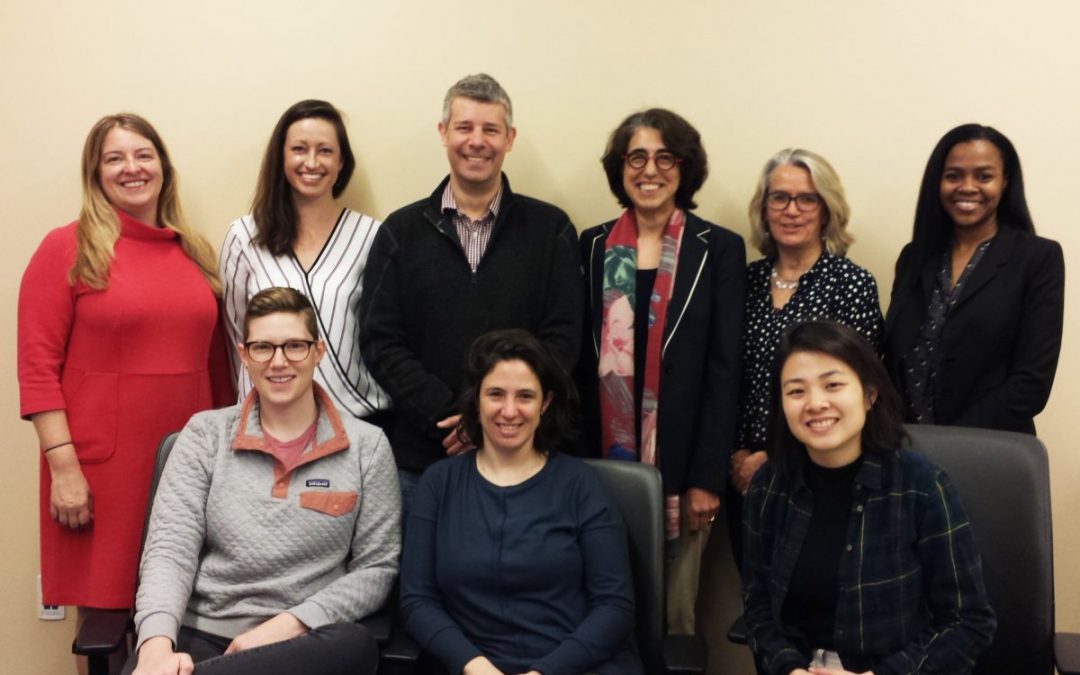The Fetal Health Foundation Awarded the 2018 Research grant to Dr. Teresa Sparks and team at the University of California, San Francisco. Learn about their work improving outcomes for Hydrops.
Hydrops fetalis is a condition in pregnancy involving abnormal accumulations of fluid in the developing fetus. It is diagnosed when routine prenatal ultrasound shows at least 2 abnormal fluid collections in the skin, lungs, heart, or abdomen of the fetus.
Hydrops carries high risks of stillbirth, early delivery, and serious illness and death after birth, and these risks vary widely by the underlying cause of the hydrops.
The majority of hydrops is non-immune in nature, meaning that it does not result from differences in surface molecules on red blood cells between the mother and fetus. Instead, most cases of hydrops arise from chromosomal abnormalities, single gene disorders, birth defects, infections, and other causes.
Current recommendations have been published by the Society for Maternal-Fetal Medicine (SMFM) for work up of non-immune hydrops, which include detailed ultrasound evaluations, as well as amniocentesis for genetic, infectious, and other testing. Difficulty in diagnosing the underlying cause of non-immune hydrops arises when standard tests return normal, and preliminary work by our group showed that the underlying cause remains unclear in 46% of all non-immune hydrops cases. Further, our currently standard of care genetic testing does not detect the majority of genetic diseases that have been reported to lead to non-immune hydrops. For example, up to 29% of undiagnosed non-immune hydrops cases may result from genetic disorders called lysosomal storage disorders, the vast majority of which are not detected by standard genetic tests.
Our team at UCSF is dedicated to understanding what caused non-immune hydrops for each case, in order to provide the best care for affected pregnancies, anticipate what will be needed for the neonate at birth, and inform families about what to expect.Further, a broader approach to work up is needed given the large proportion of cases in which we currently do not find a cause. We are conducting a novel, multi-center collaboration to create a large registry of non- immune hydrops cases containing information about the pregnancies and outcomes, as well as to apply a broad genetic test called whole exome sequencing to discover the underlying genetic causes.
Our research will contribute essential information about the types of genetic diseases leading to non-immune hydrops, as well as how often each type of disease is seen.
It will also provide information about outcomes associated with each specific disease, allowing providers to adjust their approach to management appropriately. This will greatly improve our ability to care for women with pregnancies affected by non-immune hydrops, as well as lead to vital opportunities to improve the outcomes and survival of the fetuses.
Ultimately, our goal is to use the information gained from this work to develop a targeted approach to management, including novel in utero management strategies targeted toward each specific cause of non-immune hydrops.
Learn more about Fetal Health Foundation Research Grants
Read stories of families’ experiences with Fetal Hydrops

